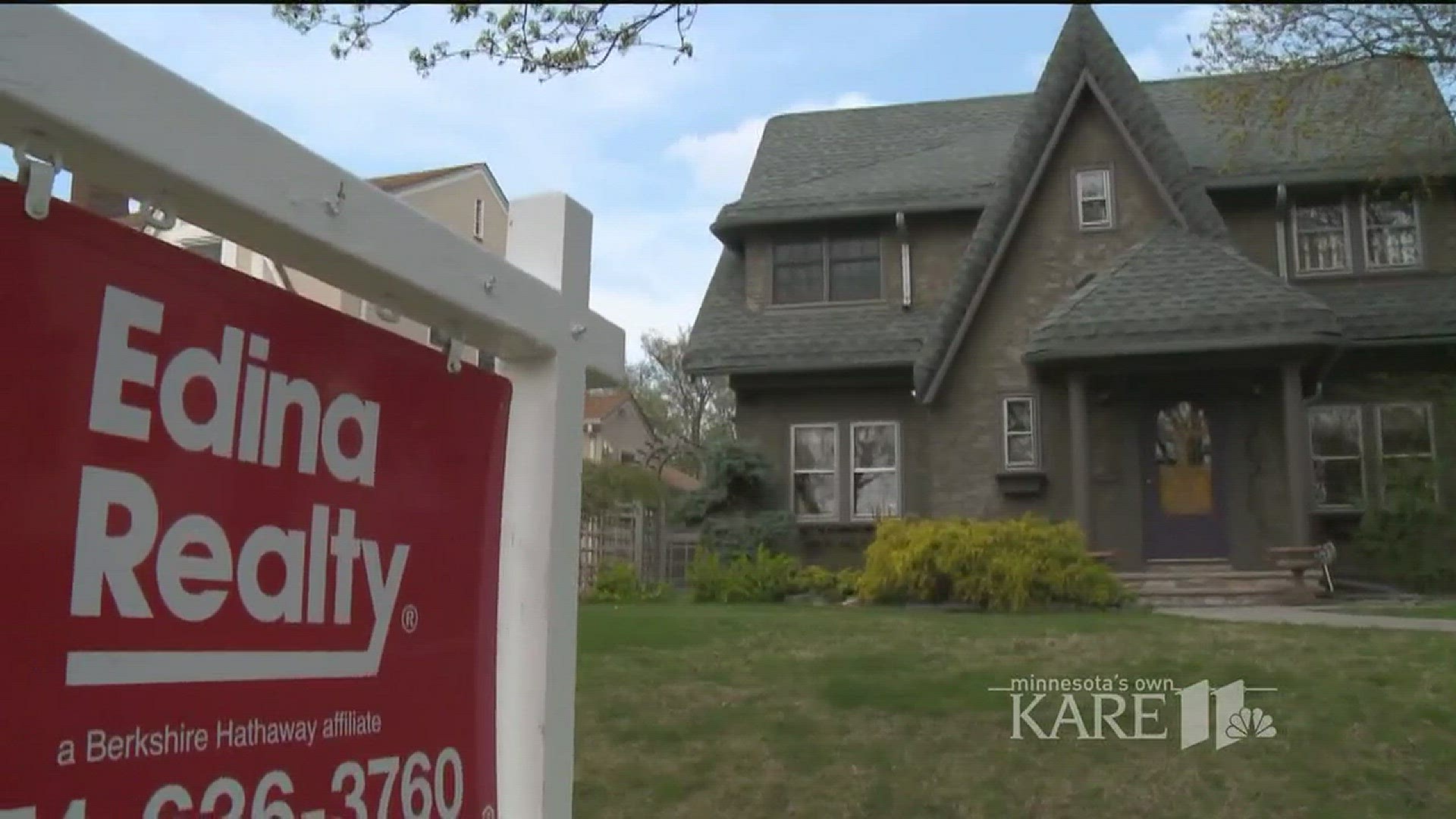MINNEAPOLIS - Buying a house can be stressful, but thanks to hackers the stress level for some is on a whole new level.
"We’ve seen a significant increase, especially in the last few months, of cyber security fraud,” said Edina Realty CEO Greg Mason.
Mason is warning people about a relatively new scam that is costing home buyers thousands.
"It’s become a greater target,” he said of real estate transactions.
Here's how it works. A scammer sends an email to a consumer or a realtor with a fraudulent link attached to it. Once they click on the link, the crook has access to personal information. With that info they send a real-looking email to the buyer asking them to wire their down payment. Often the email comes days before the closing of the sale, real estate officials say.
"We’ve had two situations recently and we’ve had small loses that we’ve taken care of and covered for our consumers,” he said.
This isn’t just a local issue, said Chris Galler, the CEO for Minnesota Realtor’s Association.
“The east and west coasts get the worst of it for some reason,” he said.
His organization issued warnings to his members here in Minnesota about the scam and have been tracking it for about a year.
He also reminds people to never wire money without independently verifying it no matter how legitimate the email looks.
"The key is to deal with people you’re familiar with so that you know what you’re doing with your money,” he said.
Edina Realty also says it will only request a cashier’s check from its clients and will never ask them to wire money.
"Everyone is making sure that they're aware and have protections in place for the consumer,” said Mason.
Edina Realty also added a disclosure form its clients read and sign warning them about this problem. Mason says realtors have also increased training and the company has improved its cyber security.
"It’s our number-one priority right now and focus for our company,” he said.
The Minnesota Association of Realtors also advises people to never trust wiring instructions sent via email. It also recommends when verifying an email, call the closing company who allegedly sent it, but use a number from the company’s website when calling them, not the number listed in the email.
The organization also advises if a buyer is giving financial information on the web, look at the URL and make sure it reads https (the “s” stands for secure). Instead of clicking on the link via an email look up the URL and type in the web address yourself, the association also recommends.

